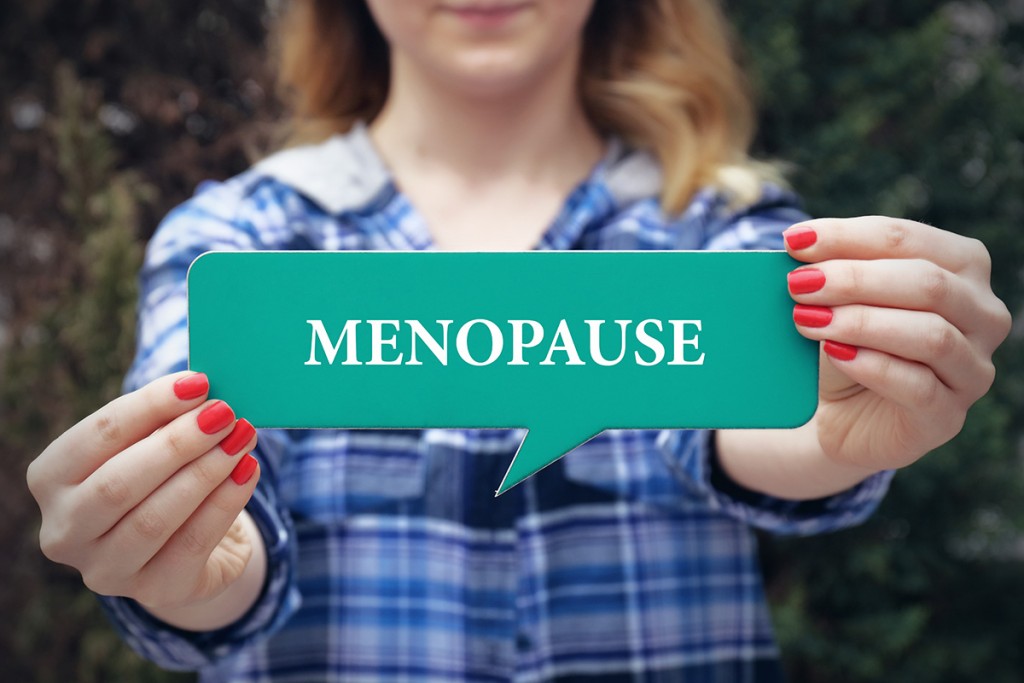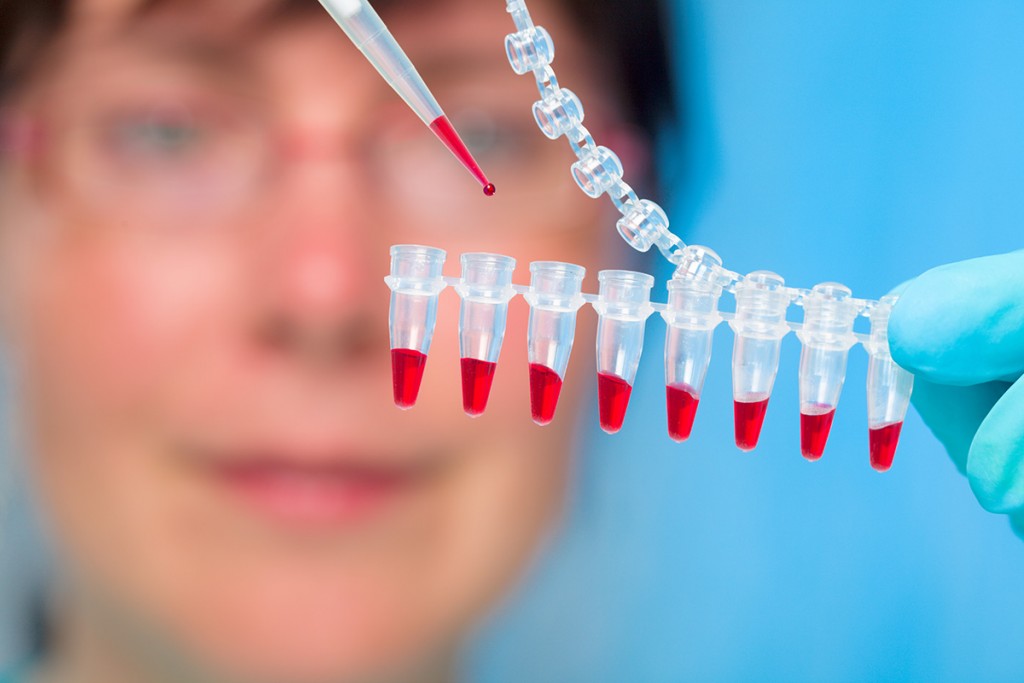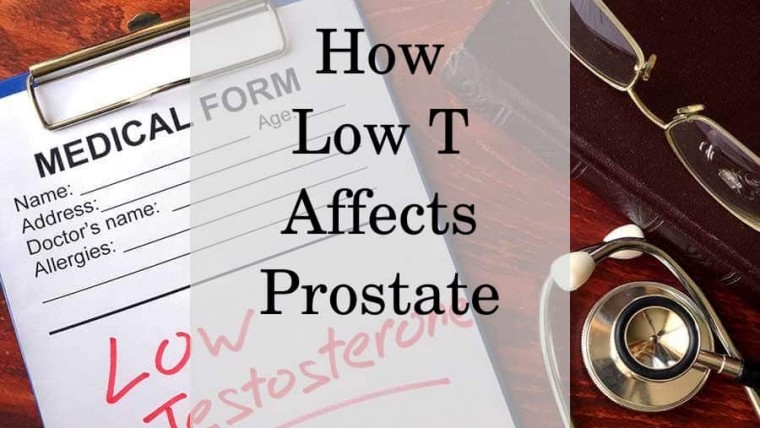In this article
Aging is an expected, natural process. However, your symptoms and the age when they start appearing will be based on lifestyle choices, genetics and much more. One of the most potent indicators of how easy or difficult the aging process will be is hormonal levels. These chemical messengers may seem small, but they are certainly not insignificant especially when women reach the age of 50 and beyond.
Why Hormonal Balance Is So Important After 50?
Most women go through perimenopause in their 40s with these hormonal changes finalizing around the age of 50. Although the exact age may vary, the majority of women have completed menopause by the age of 51. Of course, because every woman is unique, some may find that perimenopause symptoms start in their 30s, and others may not complete menopause until their 60s. By being aware of when these significant changes are occurring, women are better poised to reach proper hormonal balance.
Why do hormones decrease with age? The aging process naturally changes the endocrine system, which is what creates hormones. Although some hormones stay at their same levels, hormone receptors throughout the body are no longer as sensitive to these chemicals as they once were, and greater amounts of hormones will be needed to create the same responses. On the other hand, levels of certain hormones, including estrogen, testosterone, and progesterone decrease in women.
Women who do not balance their hormones at this important juncture of their lives may find that they no longer feel like their best selves. They may feel fatigued, depressed and frustrated by their poor cognitive skills. This can be exacerbated by the sexual changes that often occur simultaneously with a decrease in hormone levels. Women may have lower libidos, and they may find that sex has become uncomfortable and unwanted.
Instead of assuming that these unwanted symptoms are normal parts of the aging process, you should recognize that a majority of these changes are due to hormone imbalance, which can be addressed with the help of a trusted physician. Hormone balance after the age of 50 can lead to a higher quality of physical health and an improved mental outlook on daily life.
How Can You Know if Your Hormones are Out of Whack?
One of the easiest ways to know if your own hormones are out of whack or imbalanced is to consider your daily symptoms. Think back to how you used to feel. It may be difficult to notice some changes if they have sneaked up on you. However, write down anything that bothers you most days of the week. Just because you know other women of your age who deal with the same daily symptoms does not mean that these feelings are normal. Some of the most common physical symptoms of hormonal imbalance include the following:
- Hot flashes
- Night sweats
- Irregular or nonexistent periods
- Insomnia
- Osteoporosis
- Vaginal dryness
- Painful intercourse
- Breast tenderness
- Diarrhea or constipation
- Dry skin
- Thinning hair
- Sensitivity to heat or cold
- Fatigue
- Bloating
- Unexplained weight changes
- Headaches or migraine
Of course, hormones also affect your mental health. Some of the most common mental and emotional symptoms of hormonal imbalance include the following:
- Irritability
- Anxiety
- Depression
- Mood swings
- Poor memory
If your symptoms are alerting you to a possible problem, you should definitely ask your doctor about a hormone balance test. This is usually a simple blood test that will let your doctor see the levels of a variety of hormones in your bloodstream during different times of the day. Because hormonal balance is incredibly complex, your doctor may recommend that you undergo several different blood tests over a longer period to monitor how your levels may be changing throughout the month especially if you have not yet completed menopause.
5 Reasons to Test Your Hormones
If you are tempted to just live with your symptoms because they do not bother you that much or because you do not want to schedule yet another doctor’s appointment, you should be aware that you could be keeping yourself from your best life after 50. Here are just five ways that you can benefit from a simple hormone test from your doctor.
- You will discover what is causing your symptoms
If you are feeling out of sorts and are chalking up your symptoms to simple aging, you may be encouraged to learn where the real problem lies from a complete hormone test. - You can balance out the right hormones
A hormone test can point out specific hormones that are causing your problems. This will help you realize that you are not just making up your symptoms and will give you clarity and peace of mind as you continue to deal with your symptoms. - You will gain a clear idea of what treatment will help you
Once the hormone test points out exactly where your problem lies, you will be able to work with your doctor to find just the right treatment for you. Many women need hormone replacement therapy for imbalances in estrogen and progesterone, for example. However, your doctor may also be able to recommend specific lifestyle changes that will help you feel more like yourself. - You can stop your stress
If you are like many women, all of these new symptoms may scare you into thinking that there is something horribly wrong with your health. A simple hormone test can put these fears to rest and show you that you are just going through some natural changes with which your doctor can help. - You can understand how your hormonal health depends on your lifestyle
Learning more about hormone balance through a test can show you how simple changes that you make in your diet or activity levels can affect your hormones. This test may help you make smarter choices, such as following a healthier diet or choosing gentle daily activities.
How Can You Balance Your Hormones After 50?
Short-term hormone therapy via oral medications, patches or creams is often the first step that your physician will take to balance your hormones especially if you are dealing with an imbalance of estrogen or progesterone. In addition, testosterone therapy may be needed to improve your mood and sexual health if you are one of the many aging women with low testosterone levels.
However, your doctor may also recommend natural ways and other alternative treatment paths for balancing your hormones after the age of 50. Dietary changes are particularly important, and you may need to work with a registered dietitian to create a balanced diet. Your doctor may also recommend methods to help you control your stress, exercise more regularly and sleep better. Complementary therapies, such as herbal therapies, acupuncture, and relaxation therapy may also help if you use them under your doctor’s guidance.
Although hormone levels can drastically change as you age, you have many options for dealing with these imbalances. Life after 50 can still be amazing, and you can enjoy your work, your family and friends, your hobbies and even your retirement years more when your hormones are balanced.






